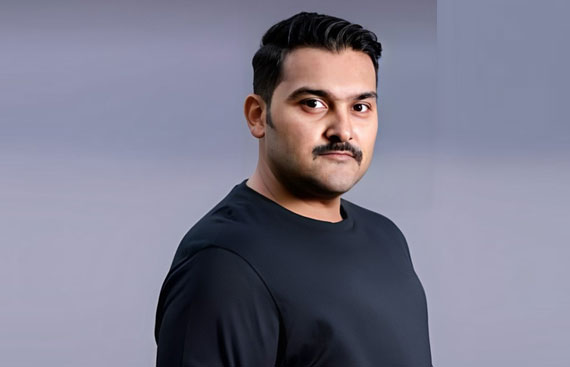Boba Tea: Why Its Movement in India Is Just Beginning

The boba tea industry in India finds itself at a crossroads. What began as a trendy, Instagram-influenced beverage has rapidly degenerated into a market teeming with gimmicks instead of authenticity. Most brands did it wrong by giving precedence to popping boba—a very sugary; jelly-like topping bursting with flavors-over-the-real-thing: tapioca pearl and the drink itself.
It would seem that this wrong choice of emphasis has set up a very serious problem—short term hype versus long term loyalty. Popping boba may woo customers once or twice with its novelty, while it fails to keep the customers because it is just not boba tea at its heart. That experience is in the chewing of the tapioca pearls, the balance of tea, milk, and flavors, and every bit of care gone into making that cup. The sadistic thing, though, is that most Indian companies do not really know it at all.
The Wrong Focus: Popping Boba Over Authenticity
Adorning the menus of any boba outlet in India today will be this huge list of popping boba drinks: colorful, sweet, social media delights. They do generate premium curiosity, but have so little depth to keep customers coming back again and again.
Internationally, boba tea is celebrated for texture, flavor, and versatility. The tapioca pearls (the real boba) create a distinct tactile sensation to accompany the drink rather than overpower it. Popping boba, on the other hand, is just that: a sugary fad, a passing pleasure that fades after a few sips.
Over localized Weird Concoctions That Don’t Work
Another issue plaguing the Indian boba scene is the overlocalization of flavor profiles. While innovation is welcome, many brands have gone too far, straying from the fundamentals so much that they really aren’t boba drinks at all. Instead of perfecting the basics — classic milk teas, fruit teas, and brown sugar boba —brands have gone down the road of weird concoctions that take away from the entire experience.
This is very much like what sushi was like in India five years back. Most people's first experience of sushi was at a mediocre joint where badly made rolls were smothered with mayo and overpowering artificial flavors that led to a bad impression, making people think, "I don't like sushi." When they finally had bona fide proper sushi, their entire perception about it changed.
The same things will happen with boba tea. Right now, for many Indians, the introduction to boba is through a watered-down, overtly sweetened version that is artificial and devoid of the really genuine boba experience. The instant they have a good tapioca-based drink with good tea and a nice balance of sweetness, manufacturers will then come back into favor.
Boba as a Side Product, Never the Hero
Another primary shortcoming about the bubble tea scene in India is that most brands treat it as an add-on rather than the main act. It commonly becomes yet another item on that café or dessert shop's menu, crafted with little expertise or care. Such a rearguard approach of half-hearted intent takes away the respect that the drink deserves.
In the sense that boba tea is a worldwide phenomenon with stores made just for perfecting their skill, a handful of brands in India truly commit to boba. And that is where the larger opportunity, indeed, lies.
A New Dawn for the Boba Economy in India The good news? Change is coming.
The new wave of boba businesses, including EasyBoba, emphasize authenticity, variety, and quality.
At EasyBoba we do not just serve boba tea—we celebrate it. With over 70 varieties that include:
•Classic milk teas (boba in its truest form)
•Vegan and sugar-free (for the health-conscious)
•Coffee-based boba
•Soda-boba (a refreshing twist)
•Yogurt-based boba (probiotic option)
Providing evidence, we prove that it's not a passing trend, but a drink that is versatile and customizable and can be delightfully enjoyable if done perfectly in India.
The Future of Boba in India
Here in India, boba tea culture is just budding. At this instant, it is being experimented upon, but in the days to come, with consumers becoming more aware and brands like ours putting emphasis on quality rather than gimmicks, the industry will mature.
Within a few years, the industry ought to mature, having shifted away from sugary fads and gimmicks toward genuine experiences alongside ensuring that boba would no longer be a side menu. India would then truly embrace boba tea as it ought to be.
The revolution has started; are you ready for real boba?
— Adnan Sarkar, Founder of EasyBoba
